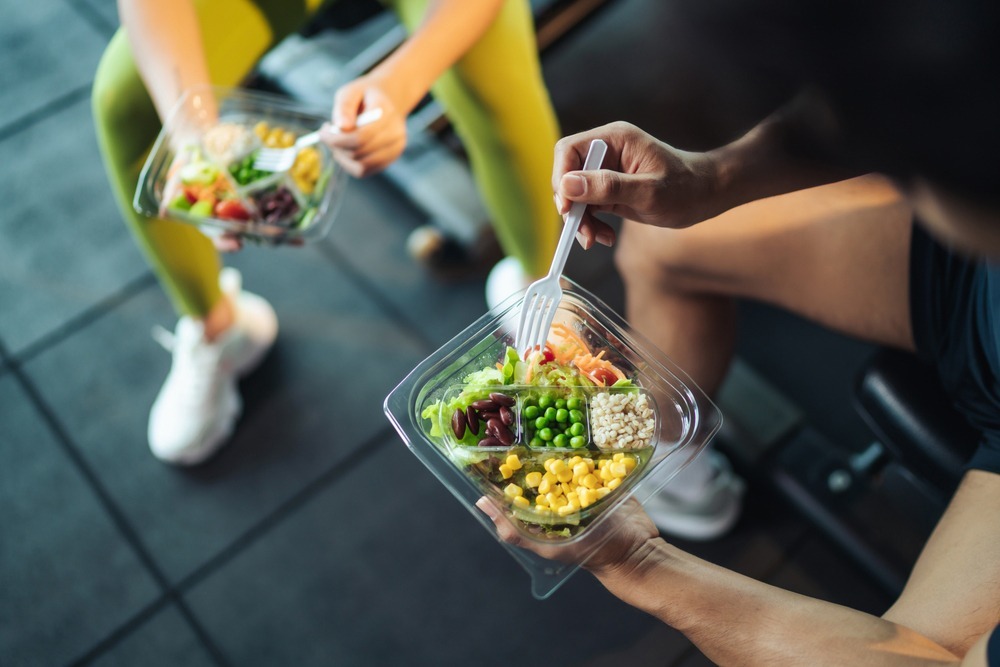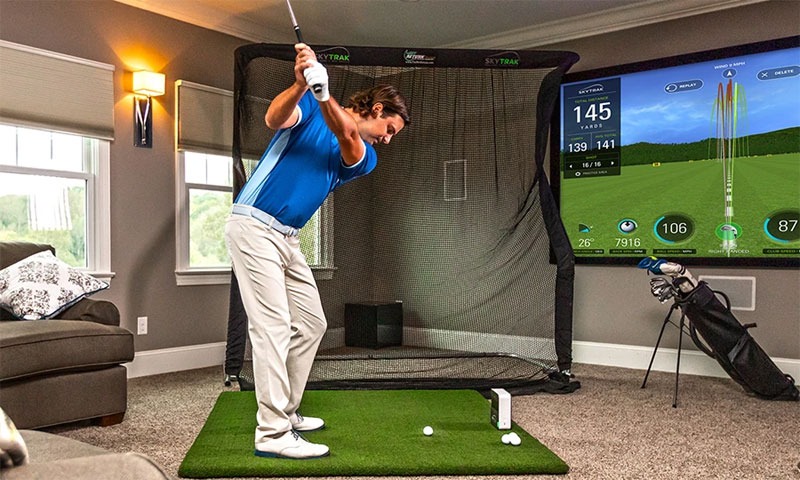Fitness and Sports
5 min read
Sports Nutrition 101: What to Eat Before and After Training
October 08 , 2025
By Sharib

Whether you’re an elite athlete or a dedicated gym-goer, the food you eat before and after training can dramatically impact your performance, endurance, and recovery. Sports nutrition isn’t just about calories—it’s about the right calories, consumed at the right time, for the right results. In this guide, we’ll cover the essentials of what to eat before and after training to fuel your body, optimize workouts, and support muscle repair and growth.
Why Pre- and Post-Workout Nutrition Matters
Nutrition is a key pillar of athletic performance. Your body needs energy to train and the right nutrients to recover. What you eat before a workout powers your performance; what you eat after helps your body rebuild.
Benefits of proper nutrition timing:
- Increased energy and stamina during workouts
- Improved strength and endurance
- Faster recovery and reduced muscle soreness
- Better muscle repair and growth
- Decreased risk of injury and fatigue
Let’s explore how to get it right—starting with your pre-workout fuel.
What to Eat Before Training
Timing Is Everything
Aim to eat a balanced meal 2–3 hours before your workout. If that’s not possible, a lighter snack 30–60 minutes before can also work. The goal is to give your body enough time to digest and absorb the nutrients so they’re available when you train.
Macronutrient Breakdown
Here’s what your pre-workout nutrition should focus on:
Carbohydrates
Carbs are your body’s primary energy source. When you work out, your muscles rely on glycogen (stored carbohydrates) for fuel.
Good pre-workout carbs include:
- Oats
- Whole grain bread
- Brown rice or quinoa
- Fruit (bananas, berries, apples)
- Sweet potatoes
Protein
Including a moderate amount of protein helps with muscle preservation and repair, especially during resistance training.
Good pre-workout proteins:
- Greek yogurt
- Eggs
- Chicken breast
- Protein shake (whey or plant-based)
- Tofu or tempeh
Fats and Fiber (in moderation)
While healthy fats and fiber are vital in your overall diet, they slow digestion. Keep them lower right before workouts to avoid bloating or sluggishness.
Sample Pre-Workout Meals
2–3 hours before:
- Grilled chicken with brown rice and steamed vegetables
- Whole grain toast with avocado and boiled eggs
- Oatmeal with almond butter and sliced banana
30–60 minutes before:
- Banana with a scoop of protein powder mixed in water
- Rice cake with peanut butter
- Low-fat Greek yogurt with berries
Hydration: Don’t Forget Fluids
Being even slightly dehydrated can impair your workout performance. Start hydrating throughout the day and sip water 15–30 minutes before training. For longer or more intense workouts, consider electrolyte drinks.
What to Eat After Training
Your post-workout meal is crucial for recovery. After training, your body is in a state of repair and needs nutrients to rebuild muscle tissue, replenish glycogen, and reduce inflammation.
The “Anabolic Window”: Fact or Fiction?
You may have heard of the “30-minute anabolic window”—the idea that you must eat within 30 minutes post-workout to maximize gains. While it’s not a hard rule, eating within 1–2 hours is ideal for most people to support recovery and muscle synthesis.
Macronutrient Breakdown
Protein
Protein is king after training. It provides amino acids essential for muscle repair and growth.
Best post-workout protein sources:
- Protein shakes (whey isolate is fast-digesting)
- Grilled chicken, turkey, or lean beef
- Cottage cheese
- Eggs or egg whites
- Lentils or tempeh
Aim for 20–40 grams of high-quality protein post-training.
Carbohydrates
Carbs help restore muscle glycogen lost during exercise—especially after endurance or high-intensity workouts.
Good post-workout carbs:
- White rice (fast digesting)
- Sweet potatoes
- Quinoa or couscous
- Bananas or mango
- Low-fat chocolate milk (surprisingly effective!)
Fats (in small amounts)
Healthy fats can be included post-workout, but in moderation. They don’t interfere with nutrient absorption as once believed, but they can slow digestion slightly.
Examples:
- Avocado slices
- A handful of nuts
- Olive oil drizzle
Sample Post-Workout Meals
- Grilled salmon with sweet potato and steamed broccoli
- Protein shake with banana and oats
- Chicken wrap with whole grain tortilla and mixed greens
- Turkey and quinoa bowl with veggies and hummus
Vegan or Plant-Based Athletes
Plant-based athletes can thrive with smart planning. Focus on complete proteins (or combinations like rice + beans), and include B12 and iron-rich foods to support endurance and oxygen transport.
Vegan protein options:
- Tempeh, tofu, edamame
- Lentils and chickpeas
- Vegan protein powders (pea, hemp, soy blends)
- Nuts, seeds, and grains
Common Mistakes to Avoid
Skipping Pre-Workout Meals
Training on an empty stomach, especially for high-intensity or strength sessions, can lead to fatigue, poor performance, and muscle breakdown.
Overloading on Fat or Fiber
Too much fat or fiber before workouts can cause discomfort or sluggishness.
Waiting Too Long to Eat After
If you wait too long post-workout, your body misses the opportunity to rebuild efficiently, especially after intense training.
Relying Solely on Supplements
Supplements can help, but real food is always the foundation. Prioritize whole, nutrient-rich meals.Sports nutrition isn’t one-size-fits-all—it’s about listening to your body and aligning your eating habits with your training demands. Eating the right foods before and after your workout fuels better performance, quicker recovery, and long-term athletic success.Think of your meals as part of your training—not just fuel, but a tool for progress. Whether you're lifting weights, running marathons, or doing yoga, what you eat matters just as much as how you move.
live smarter
Shop smarter, live better, and stay ahead of the trends with our reliable recommendations!
trending
Fitness and Sports
5 min read
Relax, Recharge, and Feel Grounded with Grooni Earthing
Fitness and Sports
6 min read
A New Way to Start Your Day with Matcha Fuel
Fitness and Sports
6 min read
A Balanced Diet To Keep You Fit and Energised
Fitness and Sports
6 min read
Staying Fit Made Simple
Fitness and Sports
6 min read






